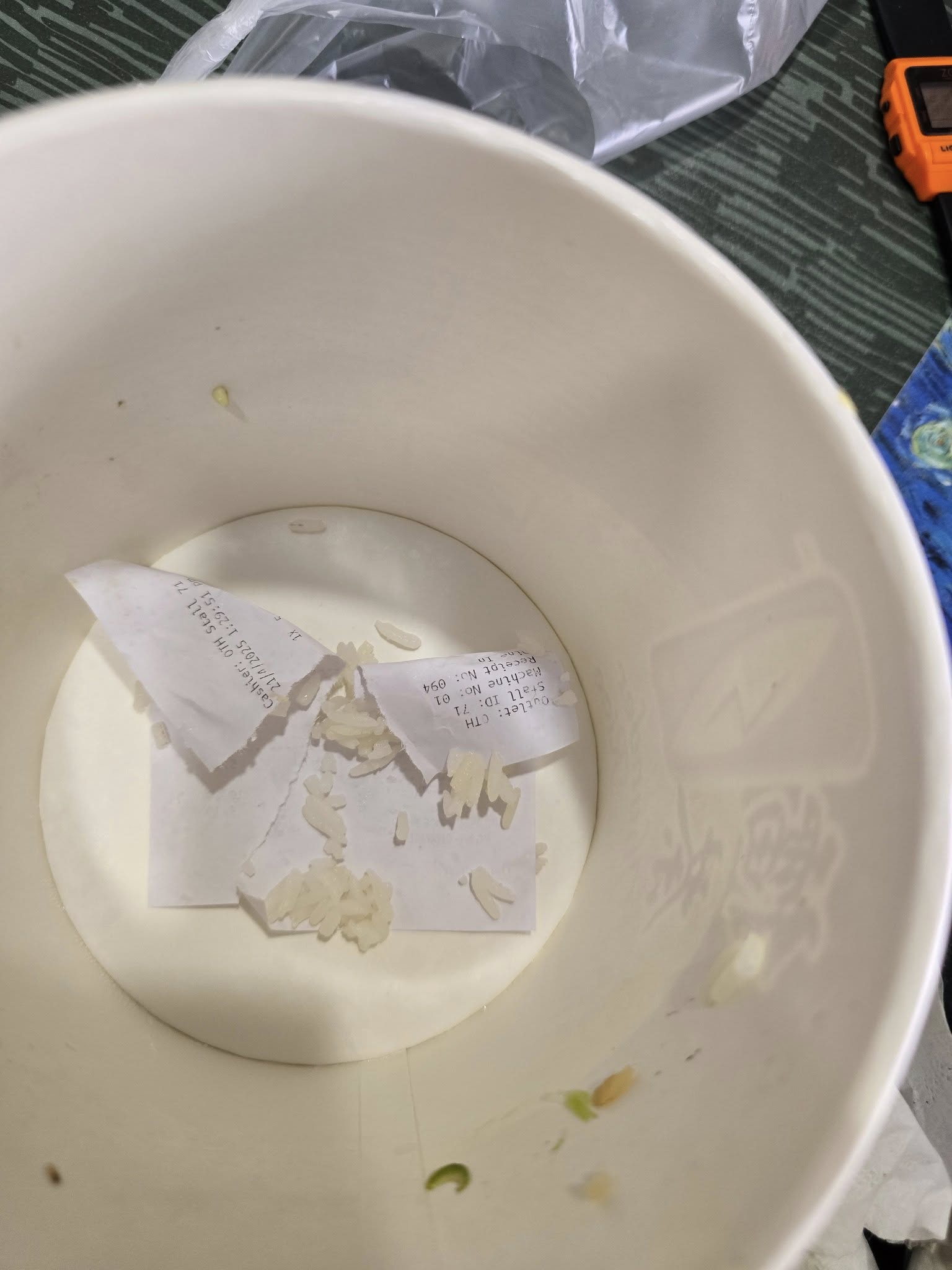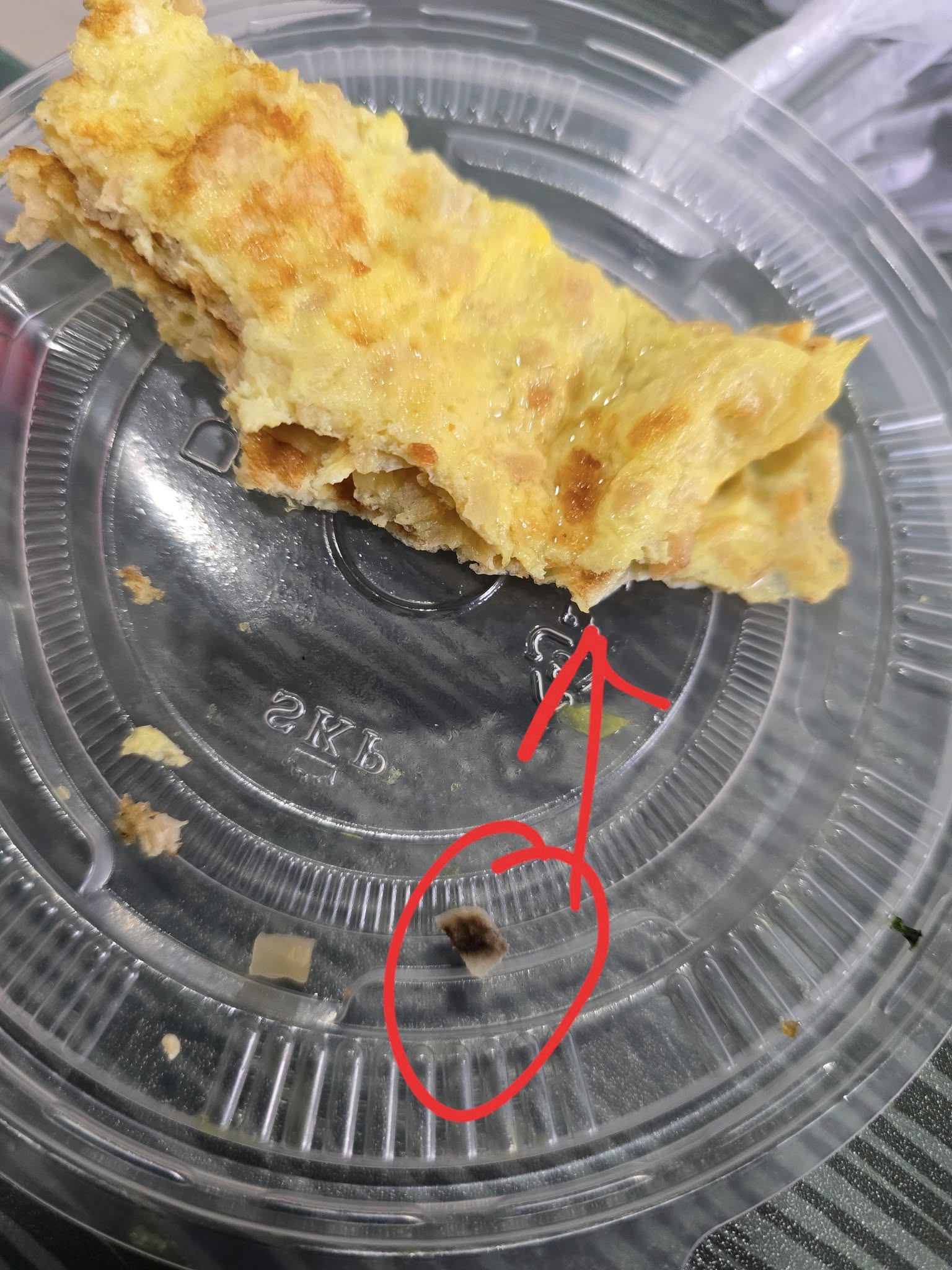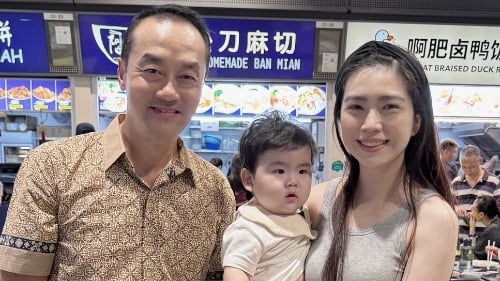SINGAPORE: Progress Singapore Party (PSP) founder and chairman Tan Cheng Bock has confirmed that the coming polls will likely be the last time he contests an election. If elected, the veteran politician aims to serve as a mentor, guiding his young team to efficiently manage their constituency.
Speaking with CNA, the 85-year-old said that if his team is elected, they have planned for who will be in charge of specific matters, such as the town council. He also reiterated his desire to train and promote the younger generation of leaders within his party as best as possible.
Although he was a former People’s Action Party (PAP) backbencher MP from 1980 to 2006, Dr Tan Cheng Bock had cultivated a strong reputation as an independent within the ruling party and is one of the rare few who have voted against his party in Parliament even though the whip had not been lifted.
Dr Tan contested the 2011 presidential election and lost to establishment pick Tony Tan by a narrow 0.35% margin. Then-Prime Minister Lee Hsien Loong was not happy with Dr Tan’s candidacy in that election and saw him as a threat, according to ex-Minister George Yeo.
Dr Tan Cheng Bock indicated interest in contesting the succeeding presidential election, but the constitution was amended in 2016, reserving the 2017 presidential election for only Malay-Muslim candidates.
Speaker of Parliament Halimah Yacob left the PAP and Parliament to contest the 2016 election. She became President unopposed when two prospective candidates were disqualified from the race due to the amended qualification criteria.
Dr Tan, meanwhile, founded the PSP ahead of the 2020 general election. He led an A-team to contest West Coast GRC and narrowly lost to the incumbent PAP team with 48.31% of the vote. The high vote share, however, led to two PSP members joining Parliament under the Non-Constituency Member of Parliament (NCMP) scheme.
This year marks nearly 45 years since Dr Tan began his career in politics. When asked what had kept him going all this while, he told CNA, “I think it’s the love for the country.”
He added that looking back on his political career, he sees that it has been a fruitful one. He said, “For me, this is a rewarding journey. Every election brings me new things, new ways of managing affairs and engaging with the public, and meeting new faces. It is truly a very valuable experience.”
Dr Tan is expected to lead another PSP team to contest the new Jurong West-West Coast GRC in the election around the corner, in what is expected to be one of the most fiery contests of the season.














